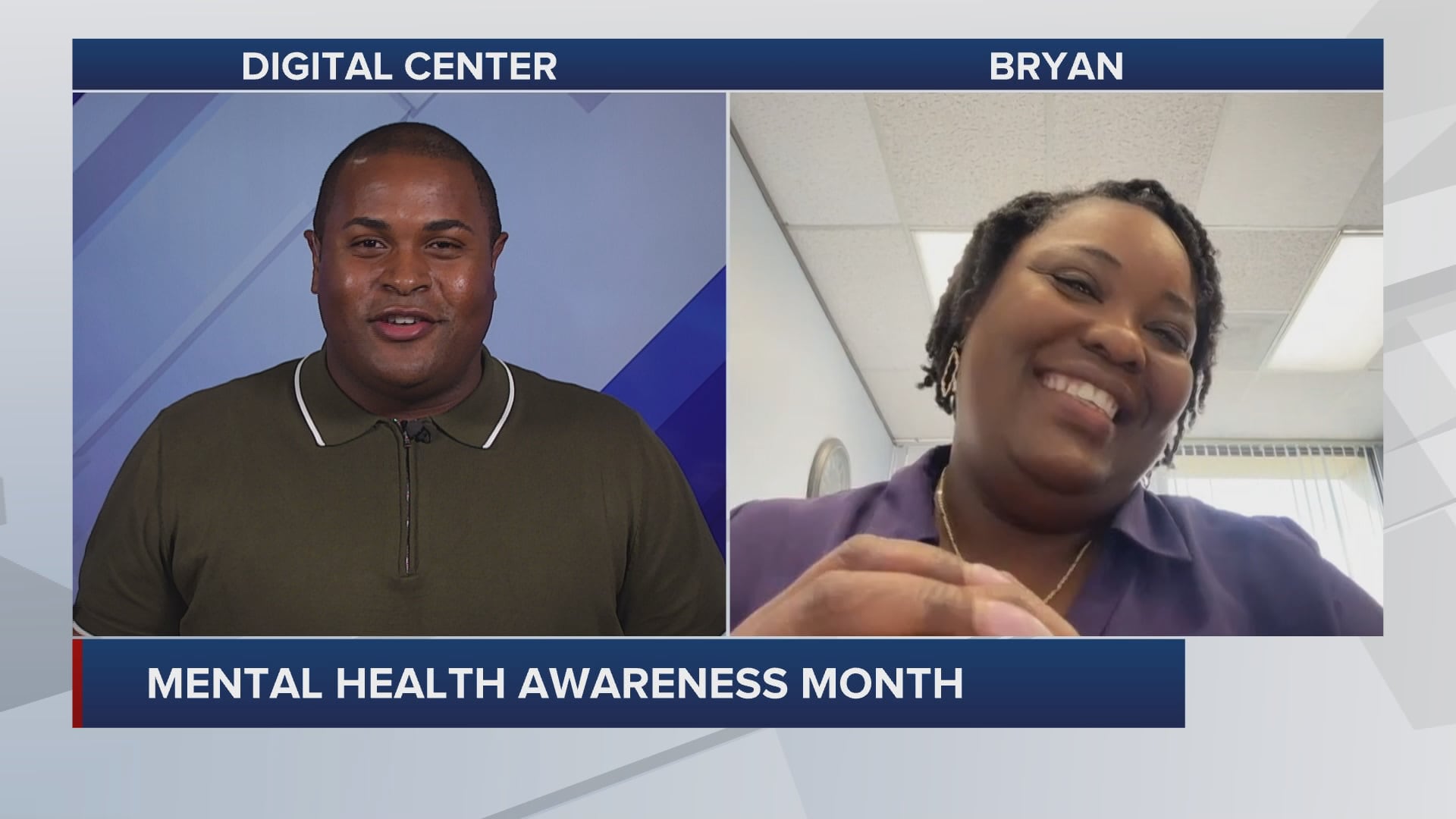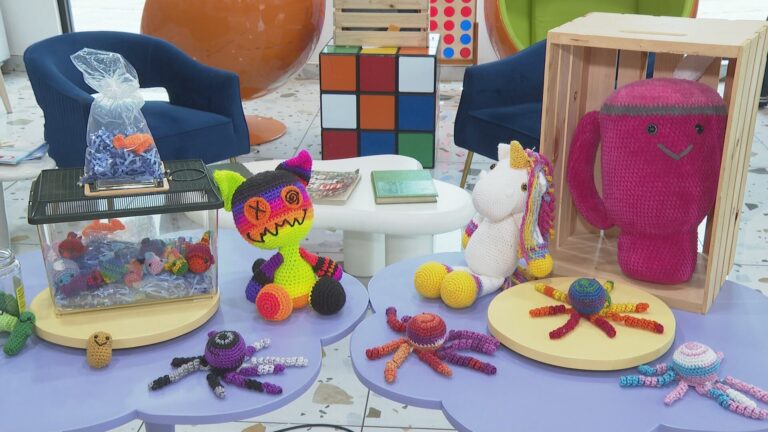Therapist shares tips, resources for Mental Health Awareness Month
BRYAN, Texas (KBTX) – May is Mental Health Awareness Month, and it was created in 1949 to serve as a time to increase mental health awareness and advocacy.
“It’s important because mental health impacts our lives in every aspect of the way from how we perform at our jobs, showing up for our families or even taking care of ourselves,” therapist LaTonya Hendricks said. “Mental health is as important as your physical health.”
Hendricks, the owner of Harmony Healing Counseling and Supervision, said the theme for the month is “You are not alone.” This serves as a reminder not to be afraid to reach out for help.
“I know when you’re struggling with a mental illness or someone you know may be struggling, the tendency is to push people away like I got to figure this out on my own,” Hendricks said. “However, reaching out, connecting, talking with other people, you find out ‘Oh wait. I’m not alone.’”
According to Hendricks, some signs and symptoms people can look for before seeking help for themselves and/or others include extreme mood changes, feeling excessively low over long extended periods, and overusing substances such as alcohol or drugs.
“It can also take feelings of hopelessness, a lack of enjoyment in life, just feeling like I can’t get it done today or increased worrying about day-to-day tasks,” Hendricks said.
In addition to adults, kids aren’t exempt from mental health issues, according to Hendricks. She said signs and symptoms parents should look for include mood changes, avoidance of friends and social activities and changes in eating habits.
“Any type of behavioral disruptions that you’re like, wow, what’s going on there, that can be a time to start asking some questions,” Hendricks said.
The therapist suggests that parents have open dialogues with their kids to learn what may be causing them issues. She also recommends that parents partner with their kids’ teachers, administrators, counselors and school social workers.
“They have resources,” Hendricks said. “They have relationships with your children. They can go pull them in. ‘Hey, how’s it going?’ Actually spark that conversation and get your child to talk about what’s going on for them.”
Another resource Hendricks suggests for families is the Employee Assistance Program.
It can help employees and their families connect to mental and health professionals in their area.
To learn more about Hendricks and her practice, click here.







